Best Foods for Mouth Ulcers: Heal Sores Naturally
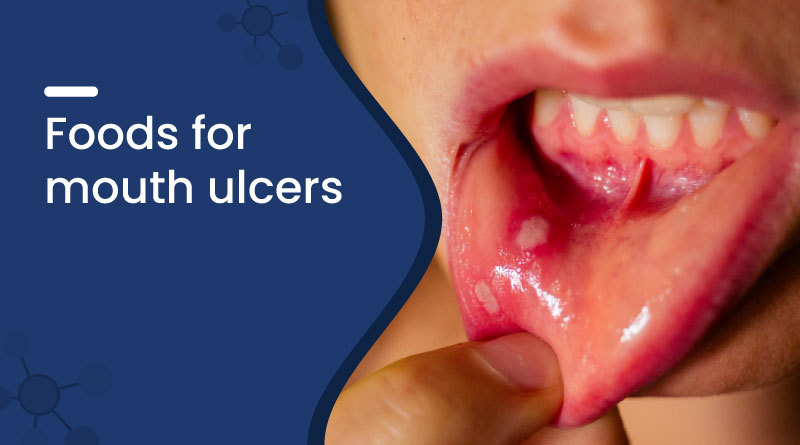

Mouth ulcers are blisters that form on the inner side of the cheeks, lips, tongue, or gums. They can develop due to several reasons, like minor injuries from accidental biting or rough brushing, stress, vitamin deficiencies, and even hormonal changes. They can cause a lot of discomfort and irritation while eating, drinking, and talking. Here are some food items that can help heal them faster and prevent irritation.
Nutrients That Help Heal Mouth Ulcers
Healing mouth ulcers requires a combination of soothing the affected area and providing your body with the right nutrients to repair tissue. The most important ones include:
- Vitamin B Complex (especially B12 and B2): Deficiencies in B vitamins are closely linked to recurring mouth ulcers.
- Iron and Folate: Low iron and folic acid levels can make you more prone to ulcers.
- Vitamin C: Supports immune function and tissue repair.
- Zinc: Plays a role in wound healing and immune support.
Best Foods to Eat for Mouth Ulcers
Vitamin B Complex (B2, B6, B12)
- Bananas
- Curd/Yogurt
- Eggs (soft-boiled or scrambled)
- Whole grains (like oats, if soft-cooked)
Iron and Folate
- Boiled spinach
- Lentils (well-cooked)
- Pumpkin
- Beetroot (boiled or mashed)
Vitamin C
- Papaya
- Guava (only if not too hard or sour)
- Cooked tomatoes (mild and not too tangy)
- Sweet bell peppers (lightly cooked)
Zinc
- Pumpkin seeds (only if ground or blended into smoothies)
- Soft tofu
- Yogurt
- Chickpeas (well-boiled and mashed)
Probiotics and Soothing Agents
- Curd
- Buttermilk
- Honey (natural antibacterial)
- Coconut water
Home Tips to Speed Up Recovery
- Rinse with salt water or a baking soda solution to reduce bacteria and inflammation.
- Maintain oral hygiene, but be gentle while brushing near ulcers.
- Stay hydrated to avoid dryness, which can worsen symptoms.
- Start using a toothbrush with soft bristles to avoid any additional irritation of the sore.
Also read - Home Remedies for Mouth Ulcers
What to Avoid During Mouth Ulcers?
Despite cravings, some foods should be avoided as they can aggravate the ulcers or delay healing:
- Spicy foods – Can irritate the ulcer and increase pain.
- Citrus fruits (like oranges and lemons) – High in acidity, which can sting and worsen inflammation.
- Crunchy or hard foods – Chips, toast, and nuts can scratch the sore area.
- Hot beverages – Tea, coffee, or soup served too hot can increase discomfort.
- Salty or pickled foods – These can sting and slow down healing.
When to See a Doctor?
- The ulcer is unusually large or painful
- It lasts more than three weeks
- You have frequent recurrences
- You experience fever or difficulty eating and drinking
Also read - Best Medicine for Mouth Ulcer in India
Conclusion
Mouth ulcers may seem minor, but they can cause significant discomfort in daily life. Choosing soft, cooling, and nutrient-rich foods can ease pain and promote faster healing. At the same time, avoiding irritants and maintaining good oral hygiene is key to recovery and prevention.
Frequently Asked Questions (FAQs)
Q. Can less vitamin or mineral intake cause mouth ulcers?
A. A lesser intake of vitamin B12 or minerals like zinc and iron can cause ulcers to develop in the mouth.
Q. What are the best foods to eat during a mouth ulcer?
A. Soft, non-acidic foods like curd, bananas, papaya, and boiled vegetables are gentle on the mouth and help in healing.
Q. Can I drink milk if I have mouth ulcers?
A. Yes, milk can provide a soothing effect, and it also contains essential nutrients. Cold or lukewarm milk can help in avoiding irritation.
Q. Are spicy foods harmful during mouth ulcers?
A. Absolutely. Spicy foods can increase the irritation, causing more discomfort, hence delaying the healing process.
Chlorhexidine Gluconate (0.2% w/v)
100ml in 1 bottle
Potassium Nitrate (3% w/v) + Sodium Fluoride (0.2% w/v)
100ml in 1 bottle
Choline Salicylate (8.7% w/w) + Lignocaine Hydrochloride (2.0% w/w) + Benzalkonium Chloride (0.01% w/w)
15gm In 1 tube
Recent Blogs
Disclaimer : Zeelab Pharmacy provides health information for knowledge only. Do not self-medicate. Always consult a qualified doctor before starting, stopping, or changing any medicine or treatment.

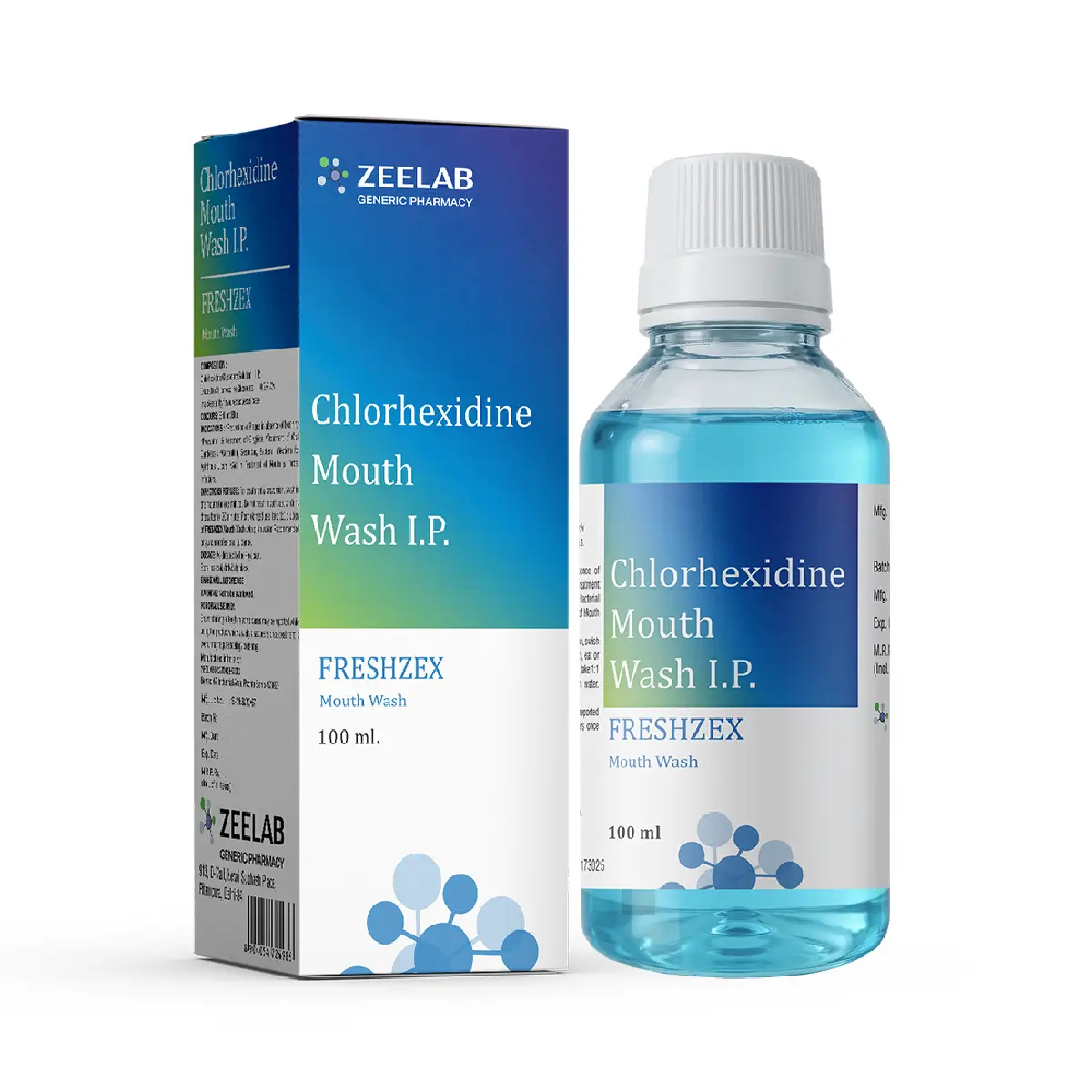
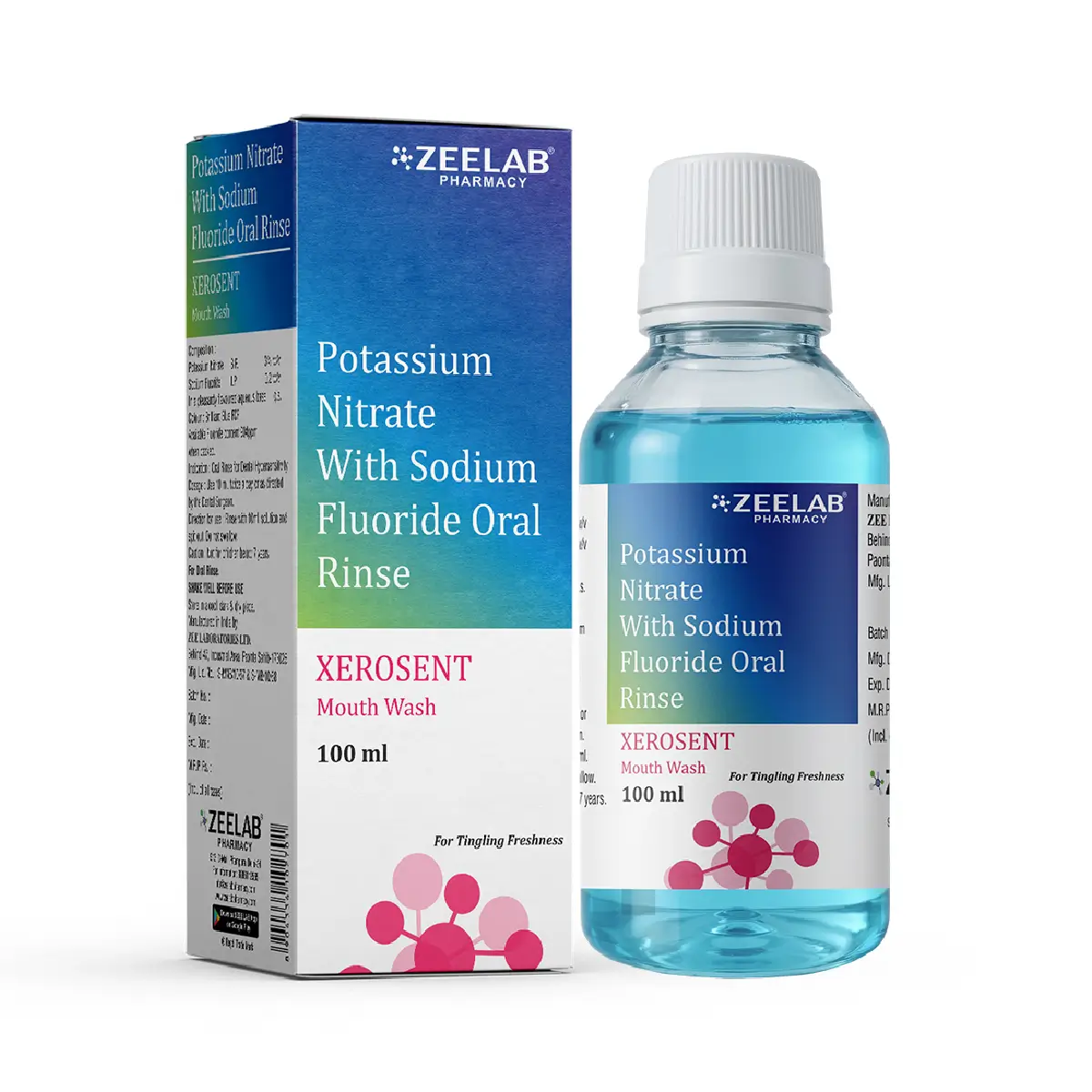
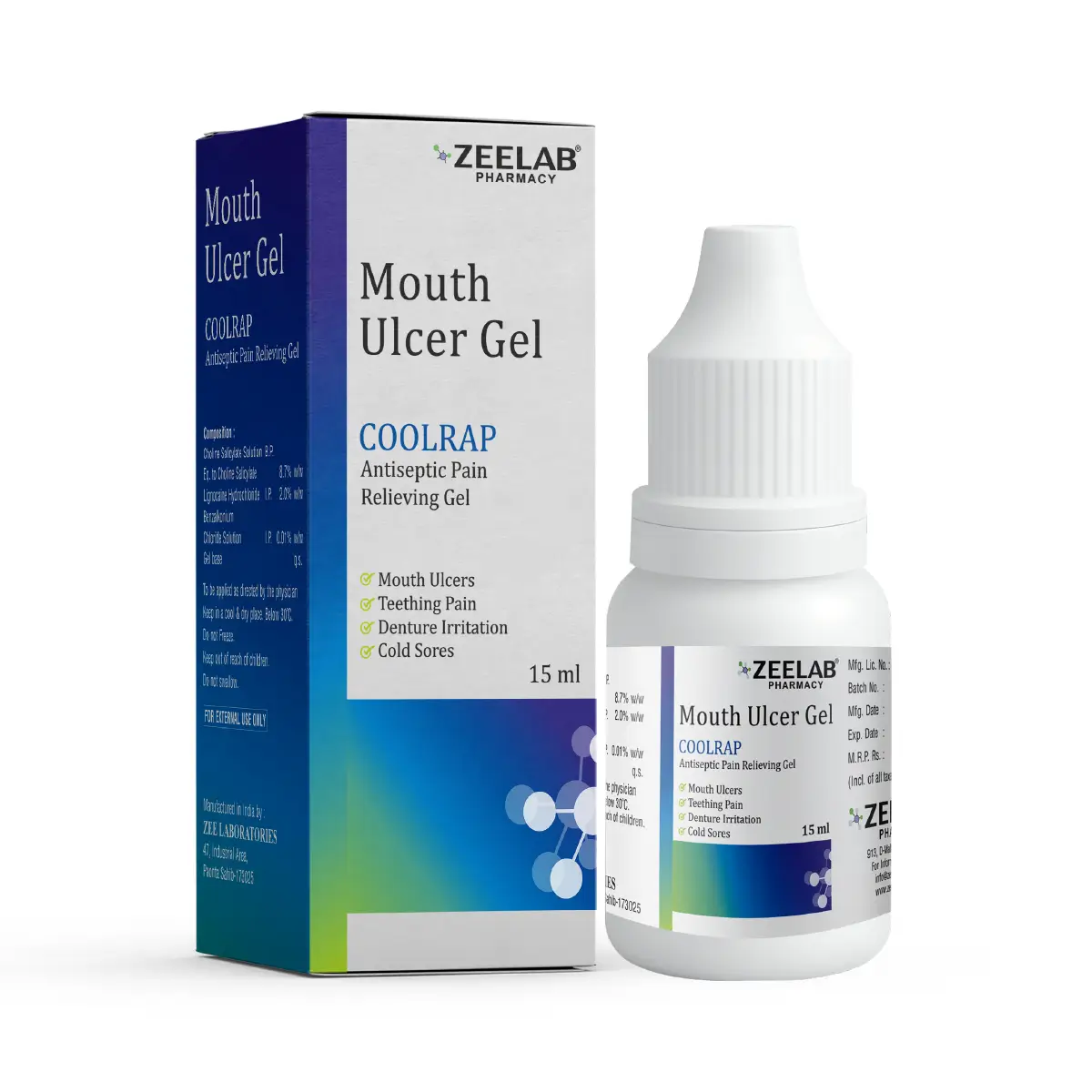





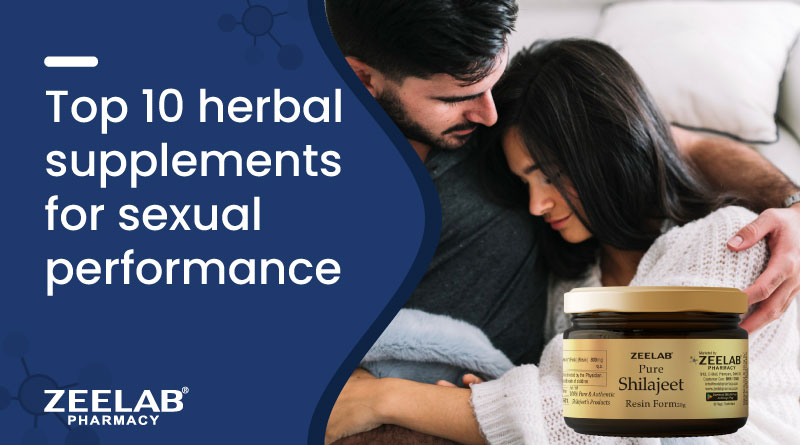









 Added!
Added!